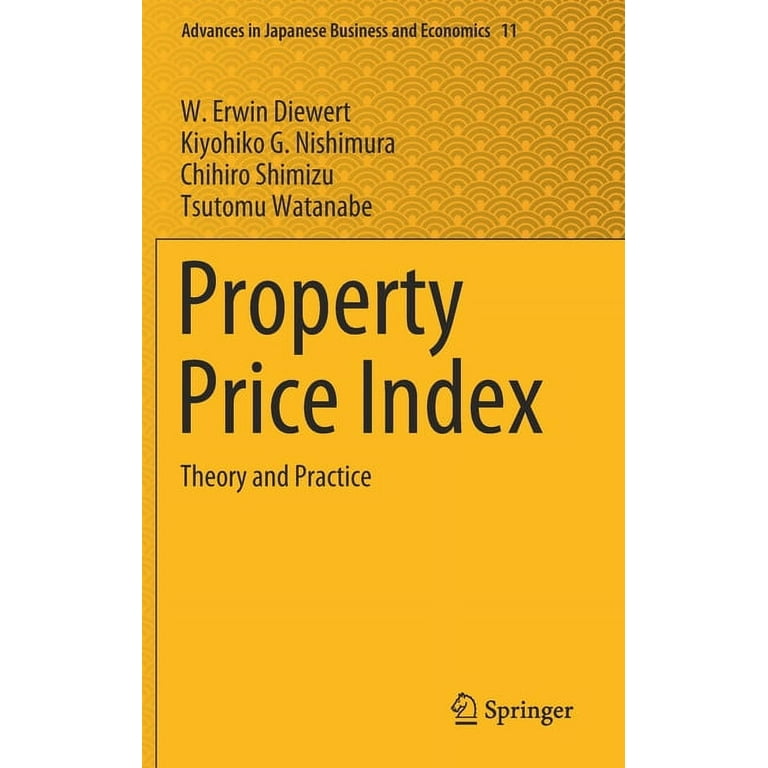Advances in Japanese Business and Economics: Property Price Index
4.7 (663) · $ 87.99 · In stock
Arrives by Mon, Apr 8 Buy Advances in Japanese Business and Economics: Property Price Index: Theory and Practice (Hardcover) at
This book answers the question of how exactly property price indexes should be constructed.
The formation and collapse of property bubbles has had a profound impact on the economic administration of many nations. The property price bubble that began around the mid-1980s in Japan has been called the 20th century's biggest bubble. In its aftermath, the country faced a period of long-term economic stagnation dubbed the lost decade. Sweden and the United States have also faced collapses of property bubbles in the 20th and early 21st centuries, respectively.
This book provides practical examples of how the theory of property price indexes can be applied to the issues of property as a non-homogenous good and a technological and environmental change.

Japan Inflation Rate
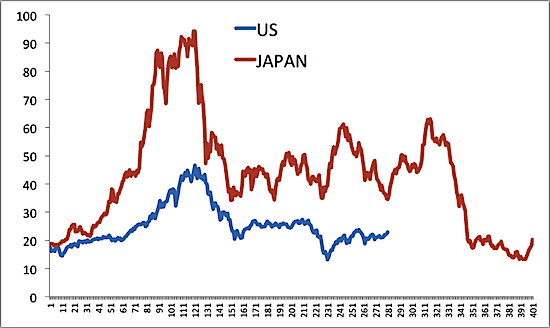
Turning Japanese? - Mason Stevens

Japan Residential Property Price Index
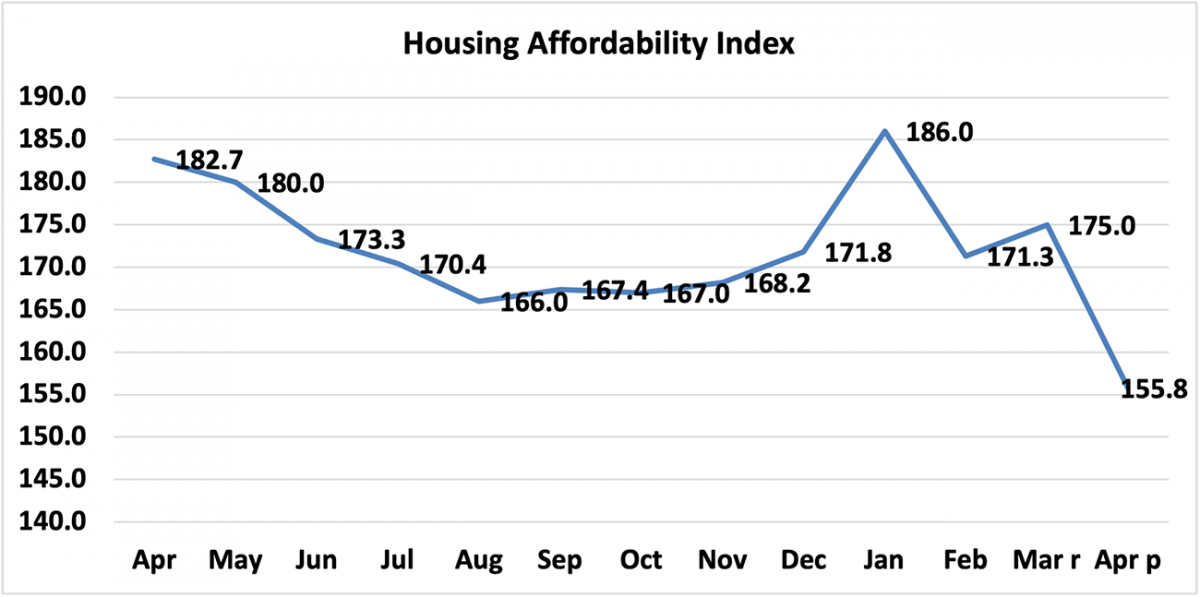
Housing Affordability Declines as Prices Continue to Rise and

Global IoT market size to grow 19% in 2023

Asia's advanced economies now have lower birth rates than Japan
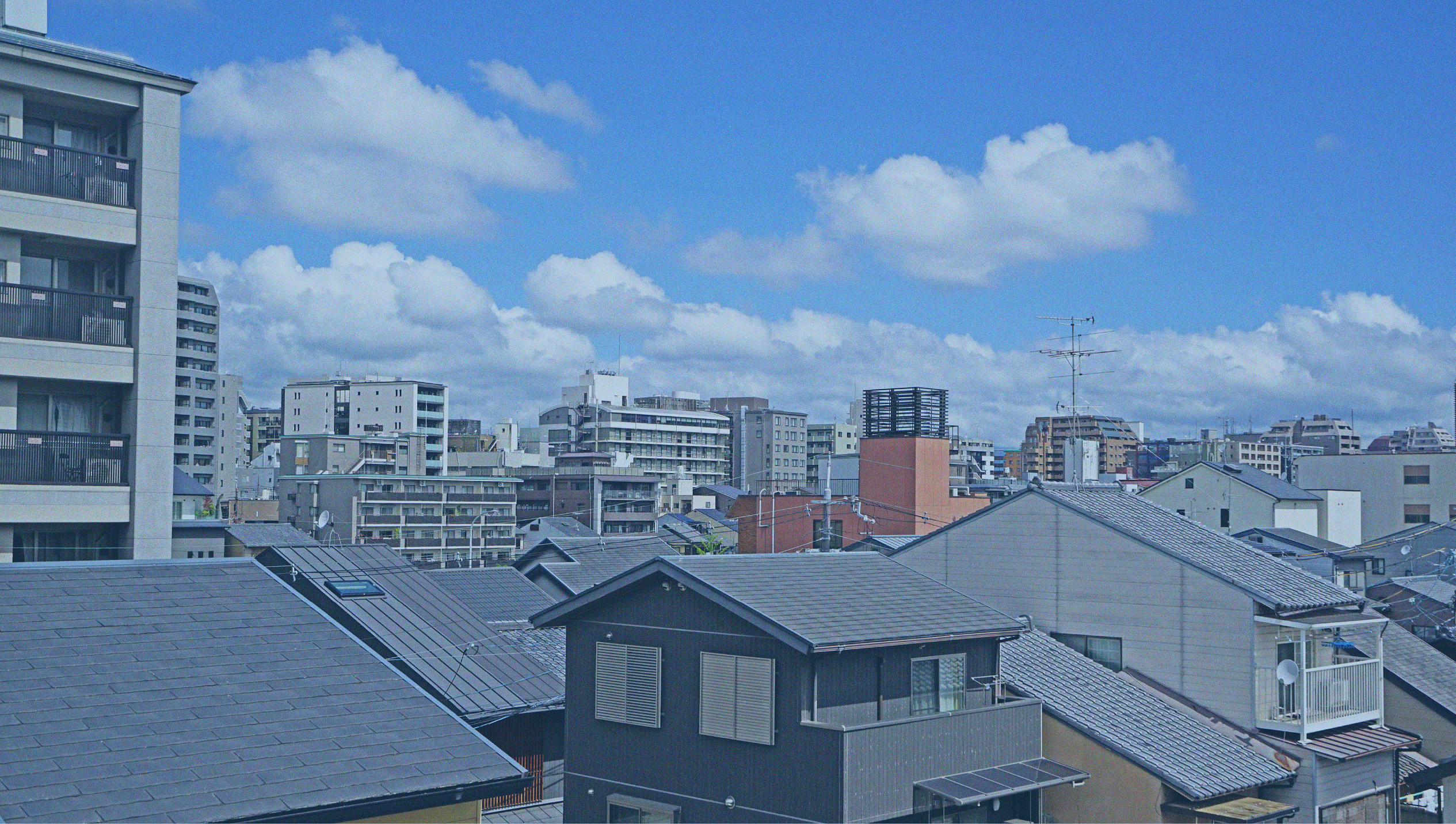
Land scarcity, high construction volume, and distinctive leases

Shares in Japan Beat Asia Peers With Major Indexes Hitting 34-Year

Japan's Nikkei 225 index eclipses record high after 34 years
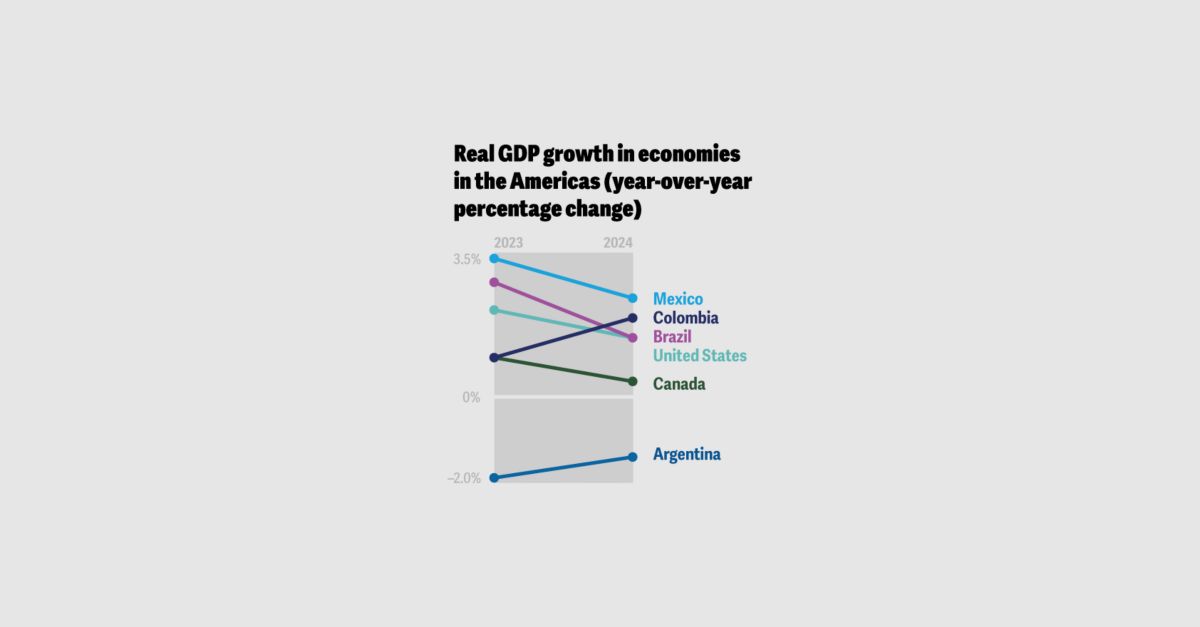
Global economic outlook 2024

United States FHFA House Price Index












